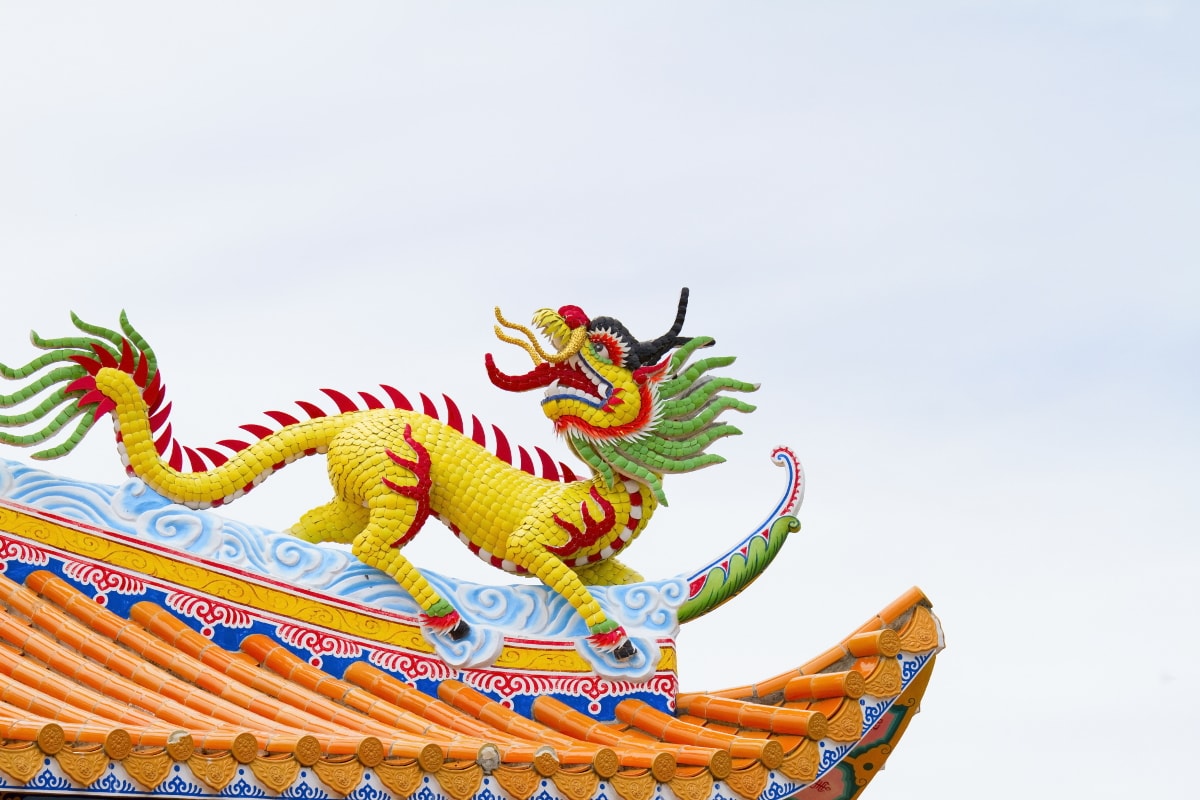As China is leading global economic recovery, the positive effect is also spreading to the start-up scene. Especially China’s unicorns – those privately held start-ups that reach a valuation of 1 billion USD and more – showed remarkable resilience during the Covid-19 pandemic, according to PwC China.
The recent PwC China Unicorn CEO Survey 2020 found that the majority of start-ups surveyed sustained steady growth in the past year. A number of respondents even said that the pandemic brought positive business impacts. 57% estimate revenue growth of more than 50% in 2020, and 74% expect revenue growth of more than 50% in 2021.
Some sectors such as online learning/education, healthcare or e-commerce saw good opportunities in the midst of the crisis. The crisis furthermore made start-ups rethink their business models and consider how to build resilience against disruptions, according to PwC.
Will China win the unicorn race?
As of the latest Global Unicorn Index by Hurun Research, 92 start-ups joined the list of unicorns in 2020 making it 586. About one quarter of those new additions came from China, reaching a total of 227. This figure brings the People’s Republic closer to the world leader, the USA with 233 unicorns in the global list.
Together, the two top economies account for 79 percent of the world’s unicorns. For the last few years, the number of Chinese unicorns has been growing – by over 50% from 2018 – 2020.
The dominance of China and the US becomes clear, when looking at the following ranks: Number three in line, the UK, adds 24 unicorns to the global list, followed by India with 21. Joining China and India in the Top-5 list is South Korea with 11 start-ups valued at at least 1bn USD.

China unicorns dominating Top-10
Even if China does not have more unicorns than the US, the People’s Republic still dominates the top 10 with six positions. The first three ranks in 2020 go to Chinese start-ups: Alibaba’s Ant Group, TikTok parent Bytedance, ride-hailing company Didi Chuxing.
However, the list is always in motion. Number four in Hurun’s list was internet finance marketplace Lufax – until its IPO in October. Didi Chuxing is eyeing an IPO next quarter, reports say. A ByteDance IPO has been rumoured for some time, but the company was held up last year by a US ban on TikTok after the video service was deemed a national security threat. Also, Ant Group’s planned IPO in Shanghai blew up in November, but does not yet seem to be completely off the table.
The other two Chinese unicorns in Hurun’s global 2020 list are video sharing app Kuaishou – it just went public in February – and Cainiao, the parcel tracking platform of Alibaba Group.
Beijing, capital of China unicorns
When looking at cities, Beijing is not only China’s capital, but also the world’s unicorn capital. With 93 unicorns, the city thus relegates San Francisco’s Silicon Valley to a clear second place with its 68 unicorn start-ups. Other major Chinese birthplaces of unicorns are Shanghai (47), Shenzhen (20), Hangzhou (20), and Nanjing (11).
Beijing is commited to innovation. The city recently revealed its ambition on providing the necessary funding channels for future start-ups and therefore potential unicorns. Almost 900 foreign-funded high-tech companies were established in Beijing in 2019. In the 2020 Global Innovation Index Report by the World Intellectual Property Organization (WIPO) Beijing ranked 4th place among the world’s technology clusters.
Many multinational companies have their research and development centres in Beijing, including Apple, Tesla, Merck and Mercedes-Benz. The city is furthermore home to 80 percent of angel investors and one-third of equity investment institutions of all China, accoring to PwC China.
Explaining the China unicorn phenomenon
China’s economy has undergone an enormous transformation in recent years. Growth drivers shifted from investment to consumption making China the world’s best consumer story. Companies seem to have adopted: with 35% the majority of unicorns in China are from e-commerce sector.
However, innovation is key. “China’s young consumers are looking for more personalised, more convenient and smarter products and services”, Raymund Chao, Chairman of PwC Asia-Pacific and Greater China says.
Bytedance’s video app TikTok, for example, is further moving into latest e-commerce trends with new features like livestreamed shopping.
According to PwC, also the readiness to adopt new technology has made China a especially fertile ground for the growth of unicorns. Stephen Wong, PwC China Entrepreneurial & Private Business Co-Leader, said, “Technological innovation has become a major driving force behind the high-quality economic growth of China. It is expected that R&D investment will surge in the ‘14th Five-Year Plan’ period, and supported with favourable environment and policies, more unicorns with hard-core technology will emerge and stand out.”










 Australia
Australia China
China India
India Indonesia
Indonesia Japan
Japan Malaysia
Malaysia Philippines
Philippines Singapore
Singapore South Korea
South Korea Taiwan
Taiwan Thailand
Thailand Vietnam
Vietnam Germany
Germany Hong Kong
Hong Kong USA
USA Switzerland
Switzerland Singapore
Singapore
 United Kingdom
United Kingdom







